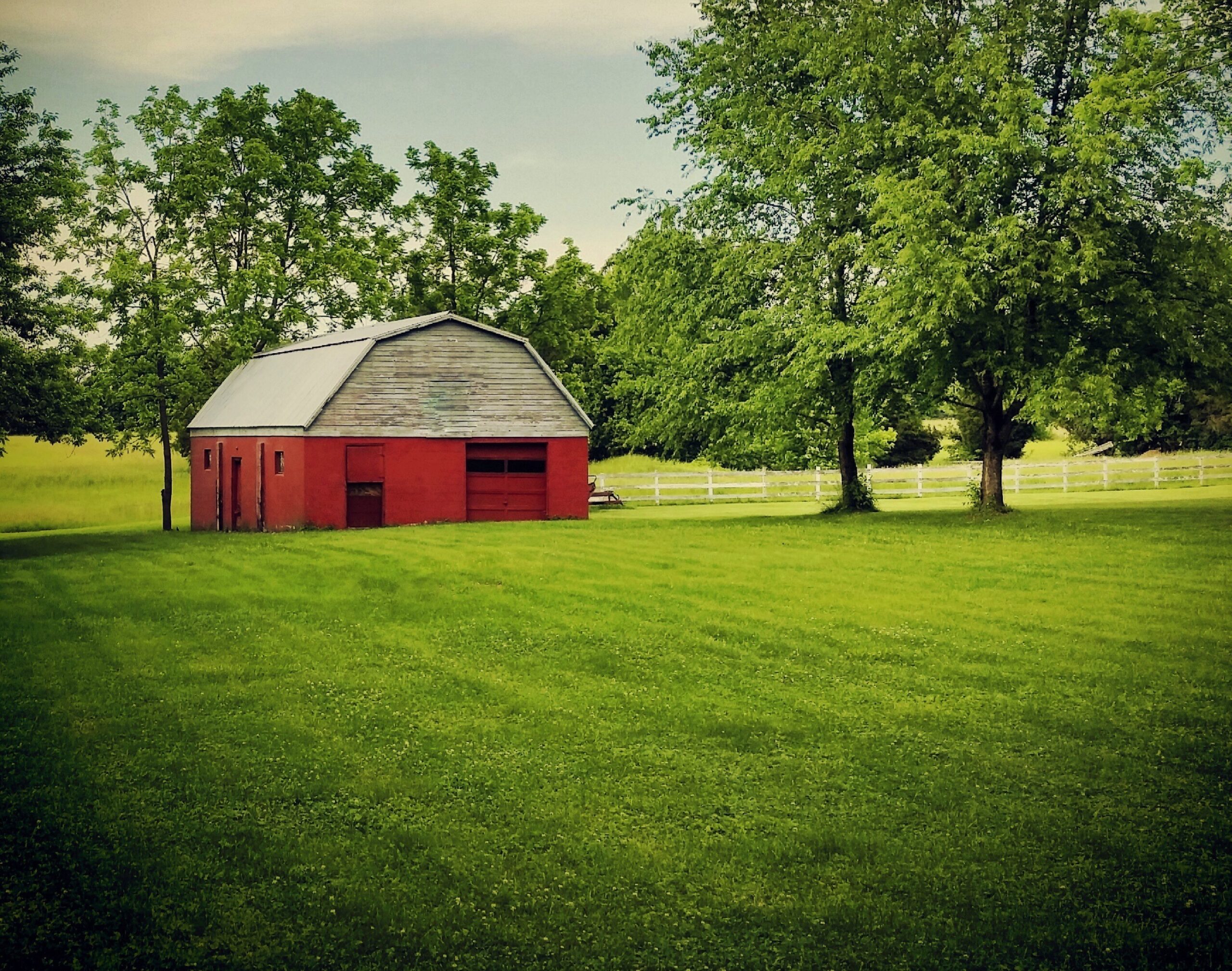In general, Bermuda grass lawn provides a lively backdrop on your property all year round. The Bermuda grass species is valued for its hardiness, vigorous growth, and low-maintenance.
Thus, due to its ability to withstand heavy foot traffic and its preference for mild winters and hot summers, it has become most widely used as a favored turf or lawn grass in most of the American southern states such as Georgia.
Weeds invade a lawn for one main reason: the lawn is not growing properly. To be more specific, shade and drought are the two most common reasons for growing weeds in a Bermuda lawn.
Shade and drought, however, do not increase the number of weeds or weed seeds trying to sneak into your turf. Rather, shade and drought will cause Bermuda grass to thin, which will leave an open, bare space for weed seeds to germinate and spread freely.
Thin spots could also develop because there were areas where seeds failed to take. Sometimes the cause of Bermuda grass thinning might be different, for example, cold damage, compacted soil, pest infestation, disease damage, environmental stress, flooding, lack of fertilizer, steep slopes (resulting in dry soil), irregular pH, or poor management.
Essentially, having thick, well-developed strands of Bermuda grass is the first step towards stopping the weeds to run riot in your yard. It is possible for healthy Bermuda grass to overpower the majority of weed species and prevent them from forming a competitive presence.
Bermuda grass reproduces vegetatively by creeping runners and stolons, and also by seed. But even then, no lawn is completely immune to weeds and most homeowners will have to implement some weed control measures to keep their lawns completely weed-free.
Bermuda Grass Varieties That Are Most Effective At Keeping Your Lawn Weeds Away
Tiflawn is an artificially made hybrid grass that’s between two selections from a pasture breeding program at the Coastal Plains Experiment Station at Tifton, Georgia.
It’s a medium-textured, wear-resistant, and very fast-spreading variety that forms a dense turf that is free of weeds. It’s especially well-suited for lawns here in the Southeast US.
Tifgreen is another artificially made hybrid. This variety is between a fine-textured selection of C. dactylon (Bermudagrass species) from the Charlotte Country Club in North Carolina, and C. transvaalensis (turf-forming tropical species).
Tifgreen is a low-growing variety that spreads rapidly and forms a dense, weed-resistant turf with fine texture and soft leaves. However, it can very easily suffer from the spring dead spot fungus that attacks the roots, rhizomes, and stolons of Bermuda grass during the fall and winter in the transition zone of the US. Thus, Tifgreen makes an excellent turf choice for fine lawns with a high level of maintenance.
During summer, when bermuda grass grows well and is mowed regularly, it squeezes out most of the Poa Annua (Annual Bluegrass), which is one of the most common grass weed.
Since Bermuda grass is a tough and aggressive grower, in some cases it is considered an invasive weed itself for other grasses and plants, particularly in tall fescue and zoysia lawns. It is common to find a beautiful flower bed being taken over by the fast-spreading Bermuda grass weed.
How Can You Get Bermuda Grass To Kill Weeds?
As we have already established, Bermuda grass is an avid grower that, fortunately, can help a lot with weed control. It will choke out most invasive plants as they sprout. This major turf species is eager to take over as much space on the ground as you allow it to do, so use this to your advantage!
The best thing you can do is allowing the grass to propagate and then taking the appropriate measures to keep it thick and healthy.
However, if you find yourself struggling with invasive plants in your lawn, make sure to find out what you’re dealing with so that you can take the necessary steps to eliminate weeds without damaging the lawn.
To encourage Bermuda grass to thrive, you need to remember about the following activities:
– Several weeks after seed planting, start mowing the grass frequently at a height of 2.5 inches to shade the weeds. Don’t worry, your lawn itself will grow back fairly quickly.
– Water the grass twice a week to promote lush growth and a disease-free lawn.
– During the growing season, fertilize your grass on a monthly basis as this will stimulate weed-choking growth. If additional weed control is required, selective post-emergent herbicides might be used 3 or 4 weeks after seed planting. Pre-emergents should not be applied to the turf during the first growing season. These weed control treatments will considerably improve Bermuda grass growth and coverage.
– Test the soil pH for its acidity levels and apply calcitic lime if necessary to raise the pH (i.e. reduce acidity). This will also make the lawn less weed-friendly as weeds love acidic soil.
– Finally, dethatch the lawn to let the grass grow more thickly, crowding out weeds. The thatch layer consists of an excess of dead grass runners and stems that tend to decompose very slowly. So if you don’t dethatch, the grass will become patchy and will have a hard time invading weeds.
Buy The Best Bermuda Grass Seed
In order to successfully start a new lawn or add thickness to an established one, you need to purchase high-quality seed.
The best seeds contain special coatings that make each seed less vulnerable to disease and mold and, at the same time, increase the seed’s ability to absorb and retain water.
Additionally, seeds that are of high quality have a high germination rate of at least 90 percent. You can therefore be sure that a high percentage of your seed will actually germinate. Obviously, you don’t want to go through all the hustle of planting grass seed just to grow weeds in your yard.
The majority of cheap grass seeds include a higher percentage of weed seed, while the more expensive, best quality grass seeds contain only a small amount of weed seed or nothing at all. High-quality seed is also treated to activate the development of planted seeds, prevent grass disease, and boost water retention.
Even though Bermuda grass is naturally weed-resistant to a high degree, it is still recommended to have regular lawn care treatments in order to eradicate any remaining weeds and keep your lawn healthy.
If you live in Atlanta, GA, or the surrounding area, contact Guaranteed Green for a consultation and to find out how we can help you cultivate a Bermuda grass that chokes out weeds and leaves you with a pristine lawn all year round.





